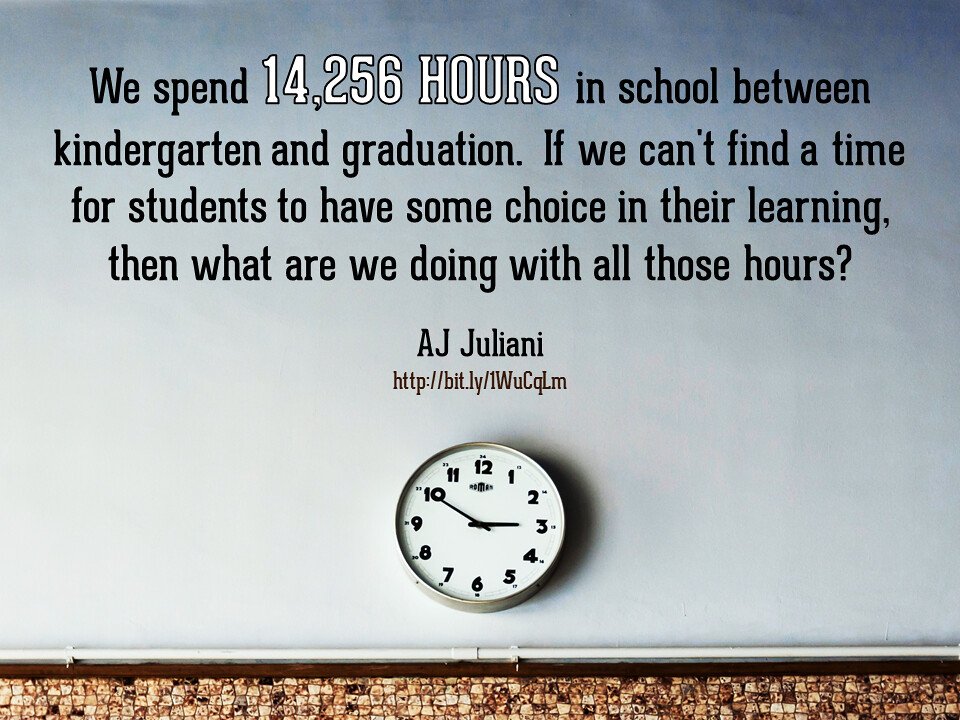School Should Be Like A Video Game, Not A Movie
My daughter came home in January one day after school, very excited. She is in 7th grade and it was the first time in her schooling experience that she had some choice in her courses for the following year.
“We get to pick our classes for next year”, she said to my wife and me. “I don’t know what to choose. Should I do…”, and she rattled off all her various choices.
As she started to go down the path of making these choices, she eventually became bogged down in “what she was supposed to do”. Was she supposed to take an advanced science class instead of another special? Was she supposed to leave room for advisory/study hall or jam pack her schedule?
We said it was up to her what she wanted to do, but she was looking for input during our conversation on what she was supposed to do.
School As A Movie
This was not the first time I had this conversation. I had it countless times before as a middle school and high school teacher. Students asked what they were supposed to do, instead of making the choice that they really wanted. Whether it was a middle school student asking about classes that would help as they went to high school, or a high school student asking about decisions that would impact their future resumes or college applications.
Many students believed that school was like a movie and they were just playing a role. In a movie there is a set beginning, middle and ending. We know how most movies go, we understand that there will be a character that struggles, finds what they want, loses what they want, and ultimately either gets it back (or never does).
They believe that school follows the same plot. And to succeed at school the easiest way is to look at how others are playing out these roles and follow what you are supposed to do.
The problem, as most of us can attest to, is that is not how life works. If there was a set path that led to success for everyone, we wouldn’t be where we are right now. There are multiple paths, multiple choices, many opportunities, many challenges, and ultimately an individual path for a variety of outcomes.
School As A Video Game
Imagine if students believed school was more like a video game than a movie.
In a movie, there is a set beginning, middle, and ending, but in a video game you get to chose where to go, what to do, and how the story unfolds.
Movies are often watched alone and in silence. Video games are much better when you play with someone else, talking and enjoying the journey.
In a video game when you are struggling it’s not over, you restart and get another chance.
In a video game, you are going to make mistakes, have ups and downs, and learn every time you play together. In fact, it’s the act of continued playing of the game that makes you improve and get better.
Now imagine if we changed our system of school to support this shift:
Students with more opportunities for classes that connected to their interests
Students with more chances at success after struggling
Students with more collaborative challenges and quests they could work on together to accomplish
Students with more options for what to learn in their classes, more options for how to demonstrate their learning, and more options for showcasing their work with a real audience
Image created by Bill Ferriter
How would kids respond if schools were more like a video game and less like a movie?
How can we make this shift?
Would love to hear your thoughts in the comments below.
